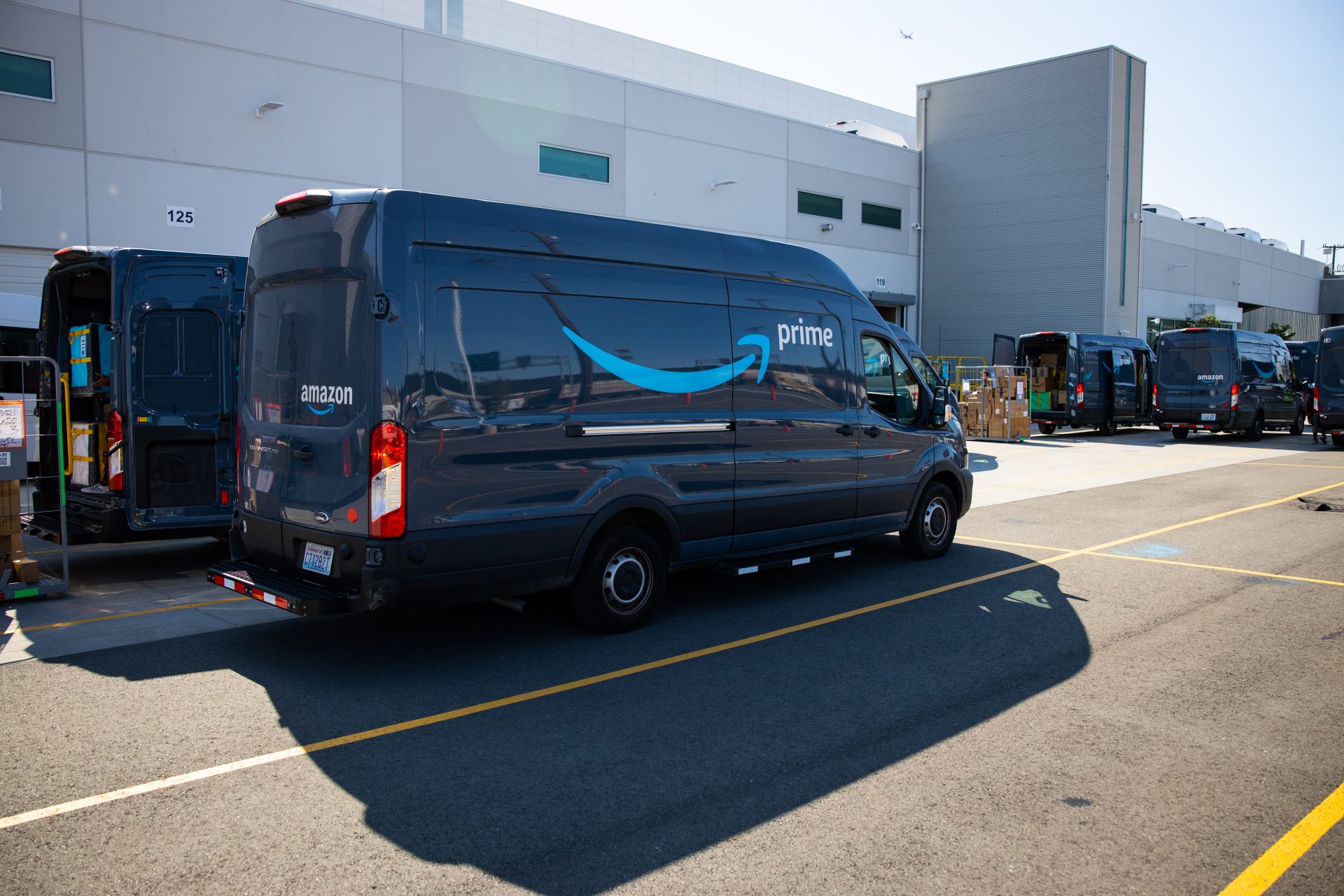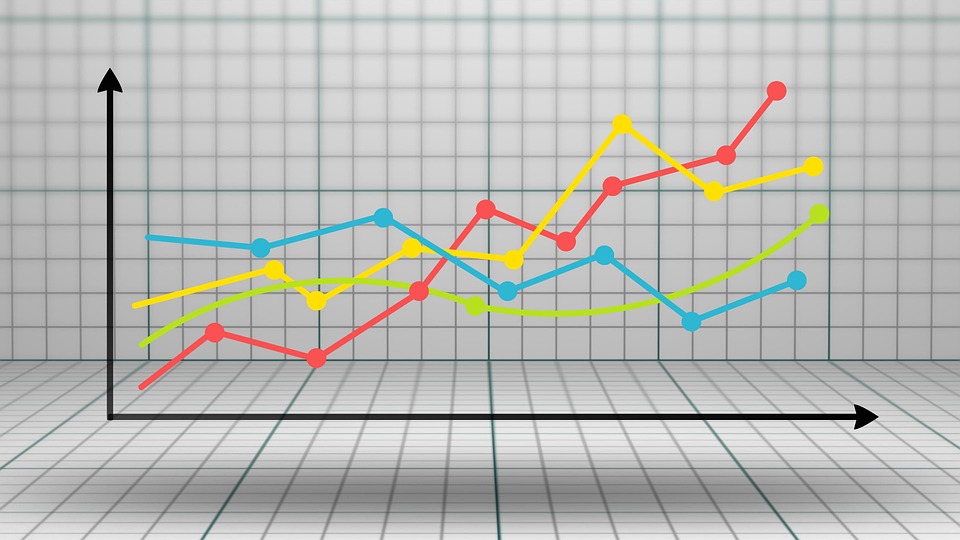Homeownership is an American value that transcends political parties, according to the Zillow Housing Aspirations Report. The biannual survey found that 68.7 percent of Republicans and 65.1 percent of Democrats see owning a home as essential to living the American Dream.
About two-thirds of self-identified Republicans and Democrats agreed that homeownership is key to a higher social status, and close to three-quarters of respondents who identified with either party also believe that being a homeowner increases standing in the local community.
Many issues have a distinct political divide, but the majority of Republicans and Democrats agree on the value of owning a home. National homeownership rates are returning from a historical low point following the housing crisis, a signal that the recession did not fundamentally harm overall sentiment toward homeownership. Millennials, who delayed homeownership but are finally buying homes, are the generation most likely to say homeownership is part of the American Dream, regardless of political affiliation.
“In a time of political division, these survey results remind us of something most Americans share – the sense that owning a home is a big part of living the American Dream,” said Zillow Chief Economist Dr. Svenja Gudell. “Home ownership — and its ability to create wealth, stability, and community – doesn’t depend on political affiliation. As we debate the national and local politics surrounding affordability and tax reform, it’s worthwhile to pause and remember a value most of us can agree on.”
The survey showed Americans across the country agree that buying a home is part of the American Dream and a good financial decision in markets that are regularly setting record-high prices and those that have yet to recover from the housing crash.
Los Angeles is one of the least affordable housing markets in the country, and nearly half of the survey respondents expect they will have to wait at least three years to buy a home. However, Los Angeles residents are more likely than residents of other large metropolitan areas to say that owning a home is necessary to live the American Dream, with 72 percent of respondents agreeing with the statement.
In Las Vegas, home values are still 23.3 percent below the peak values set during the housing bubbleii, and 15.9 percent of homeowners are underwater on their mortgagesiii. Despite this, 67 percent of respondents agree that homeownership is essential to the American Dream.
The survey also revealed that even amidst rapidly rising home values, most Americans feel confident that they will be able to stay in their current homes as long as they would like, but residents of the most expensive metros are less certain they will eventually be able to buy their own home. Ninety-one percent of Republicans and 89.6 percent of Democrats report feeling confident that they will be able to afford to stay where they live now, but at least 40 percent of respondents in West Coast markets don’t plan on buying a home for at least five years, if they ever do.
Republicans and Democrats alike tend to think that homeownership offers advantages beyond financial benefits. The vast majority of respondents to the survey view owning a home as better for raising a family, making ties within the community, and overall quality of life, regardless of their local housing market.
The Zillow Housing Aspirations Report is a semi-annual survey sponsored by Zillow and conducted by IPSOS. It asks 10,000 renters and homeowners in 20 metros across the country about their views on homeownership and their personal housing expectations for the future.
|
Agree that owning a home is necessary |
||
|
Metropolitan Area |
Democrat |
Republican |
|
Atlanta, GA |
67.3% |
66.2% |
|
Boston, MA |
62.2% |
66.5% |
|
Chicago, IL |
64.7% |
56.7% |
|
Dallas-Fort Worth, TX |
64.9% |
62.4% |
|
Denver, CO |
60.3% |
66.4% |
|
Detroit, MI |
64.9% |
67.0% |
|
Las Vegas, NV |
69.5% |
64.3% |
|
Los Angeles-Long Beach-Anaheim, CA |
69.1% |
76.0% |
|
Miami-Fort Lauderdale, FL |
73.9% |
72.2% |
|
Minneapolis-St Paul, MN |
52.6% |
63.4% |
|
New York, NY |
64.6% |
72.1% |
|
Philadelphia, PA |
61.7% |
75.8% |
|
Phoenix, AZ |
71.9% |
70.6% |
|
San Diego, CA |
64.3% |
66.0% |
|
San Francisco, CA |
69.4% |
75.2% |
|
San Jose, CA |
67.5% |
71.8% |
|
Seattle, WA |
60.4% |
68.7% |
|
St. Louis, MO |
62.5% |
68.7% |
|
Tampa, FL |
66.1% |
68.2% |
|
United States |
65.1% |
68.7% |
|
Washington, DC |
63.4% |
76.9% |
Source: Zillow
Thanks for reading CPA Practice Advisor!
Subscribe Already registered? Log In
Need more information? Read the FAQs
Tags: Payroll



